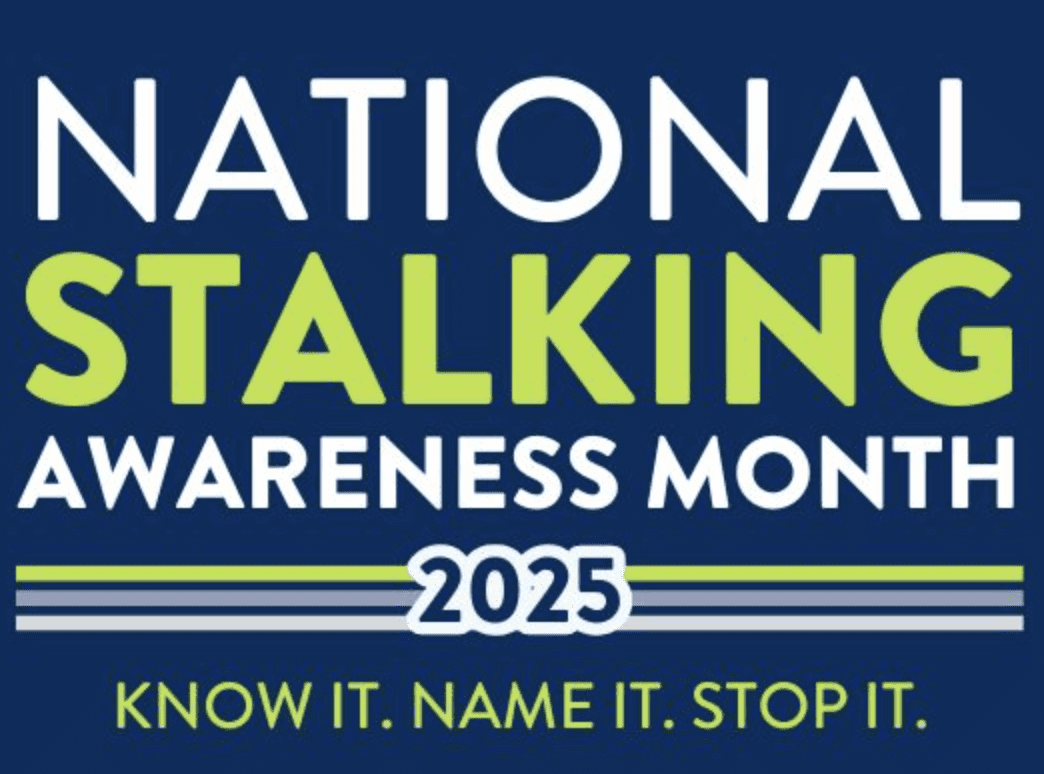By Deana M. Newman
Many understand the kidney’s main function as simply aiding in removing fluid from the body. However, your kidneys are more than just two fist-sized fluid regulators; they also help maintain a stable balance of important body chemicals. According to the National Kidney Foundation, the kidneys are powerful chemical factories that perform the following functions: remove waste products from the body, remove drugs from the body, release hormones that regulate blood pressure, produce an active form of vitamin D to promote strong healthy bones, control the production of red blood cells, and aid in the regulation of sodium, potassium, and acidity levels in the blood stream. With such an important list of responsibilities, protecting these organs from disease is imperative.
The National Institutes of Health, in Bethesda, Maryland, has reported approximately 20 million Americans have kidney disease and within this population, African-Americans make up 32% of those with kidney failure eventually resulting in dialysis dependency and possible transplantation. Common risk factors for the disease include high blood pressure (hypertension), diabetes, and/or genetic influences. Many people in the early stages of kidney disease live day-to-day without warning signs. However, as the disease progresses, common symptoms are an increase or decrease urge to urinate, loss of appetite, nausea, swelling of hands or feet, darkening of skin, and/or muscle cramping. Routine blood and urine tests are able to detect the early stages of kidney disease.
Regular visits to your doctor’s office, maintaining a balanced diet, decreasing sodium intake, and blood pressure control can help prevent the onset of kidney disease. For more information, please visit the National Kidney Foundation at www.kidney.org.
“Education is for improving the lives of others and for leaving your community and world better than you found it.”
-Marian Wright Edelman
Deana Newman is currently a Cardiovascular Perfusionist at Sparrow Hospital and a Master’s candidate in Health Communications at Michigan State University.



